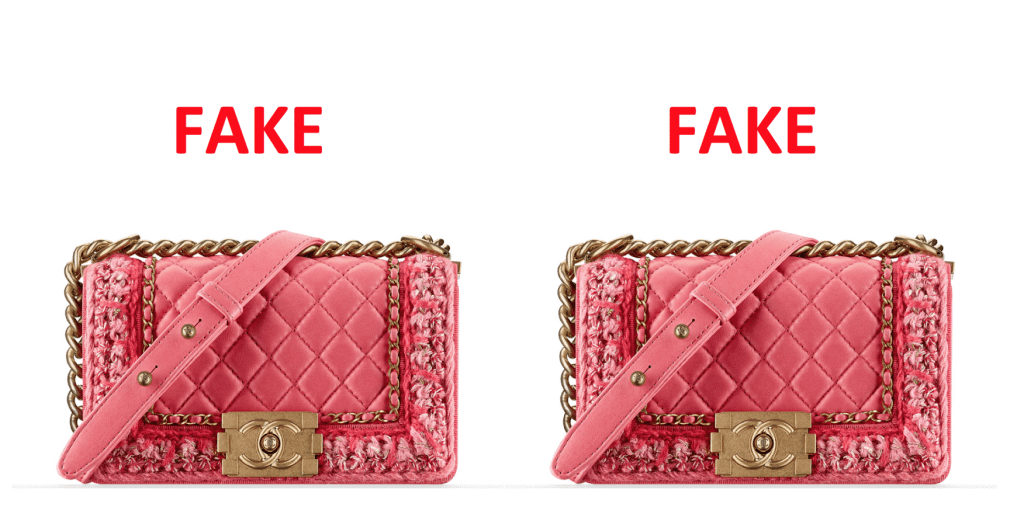Donald Trump is not only looking to stomp out intellectual property appropriation and infringement by Chinese entities (hence, the $200 billion-plus trade war), he is looking right underneath his nose here at home to determine just how sizable and damaging the market for counterfeit goods really is. The President signed a memorandum requiring that the Departments of Homeland Security, Justice, and Commerce produce a report analyzing “how widespread the problem is and how effective current responses are, while recommending potential regulatory or legislative changes to better combat the sale of fake goods,” per CNBC.
Trump gave the three government agencies 210 days – or until October 30 – to deliver the report, which Peter Navarro, the Director of the National Trade Council at the White House, calls a “warning” to e-commerce companies, including the world’s two largest ones: Amazon (which, as we have stated in the past, is truly rife with counterfeit products) and Alibaba, as well as eBay, which should, “move swiftly to clean up their own houses.” The memorandum, he says, “takes an important step toward holding online third-party marketplaces and other intermediaries accountable,” in furtherance of an effort to “protect American consumers, manufacturers and factory workers from counterfeiting.”
As for why e-commerce marketplaces are so rife with counterfeits, Naravrro stated in an Op-Ed for the WSJ that “customs law has not kept up with the surge of e-commerce. Alibaba, Amazon and eBay face virtually no liability when they act as middlemen for counterfeiters.” More than that, he stated that “perverse incentives often make it more profitable to sell counterfeits than genuine brand-name goods,” referring specifically to Amazon and the fact that consumer transactions with third-party sellers “typically are more profitable” for the $1 trillion Seattle-based giant than selling from its own warehouse, “because it takes a roughly 15% cut and avoids inventory costs.”
Amazon said in a statement in response to Trump’s memorandum that “counterfeits are not welcome” on its site and that it is “committed to combating their sale.” A rep for Alibaba, which has seemingly found more favor in its fight against fakes than its American counterpart, stated, “We welcome this new initiative and the attention it brings to the global fight against counterfeiting. We developed best-in-class systems to protect [intellectual property] and battle the scourge of counterfeiting, and look further advancing the working relationship and cooperation with the U.S. federal agencies mentioned in today’s order, as well as with our global commerce peers.”











